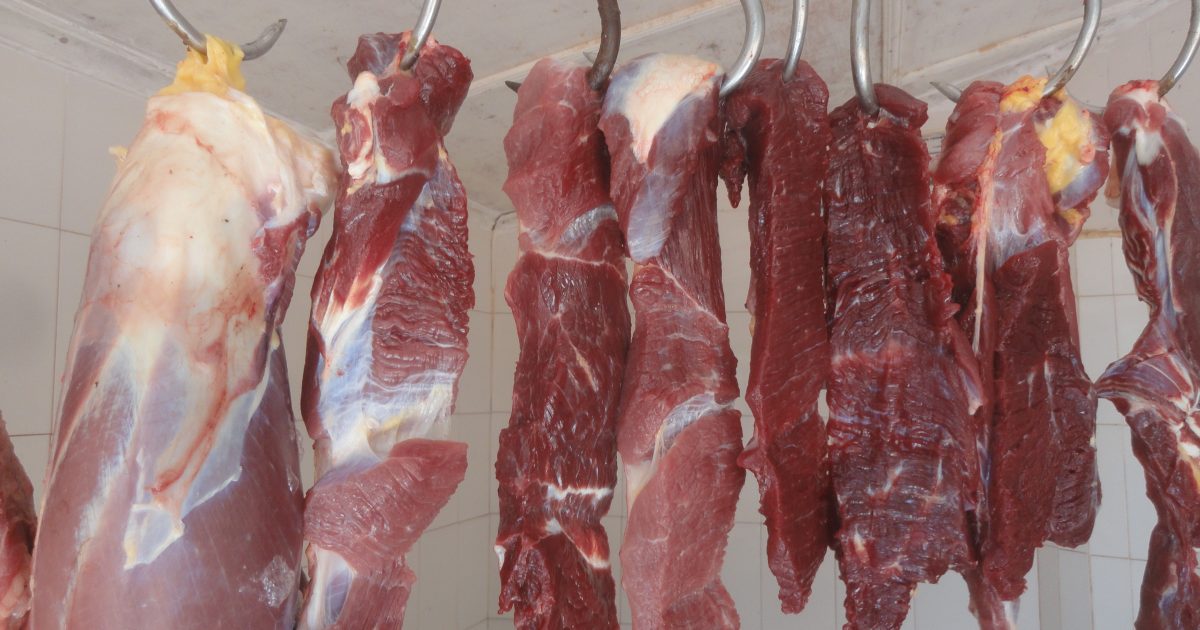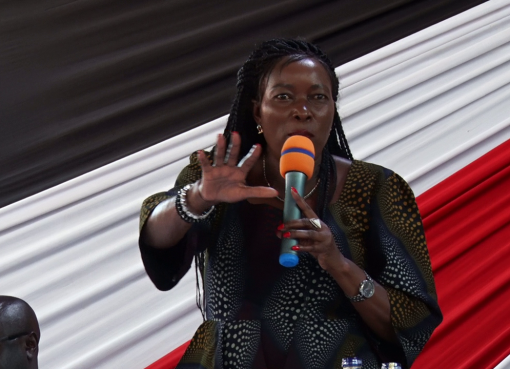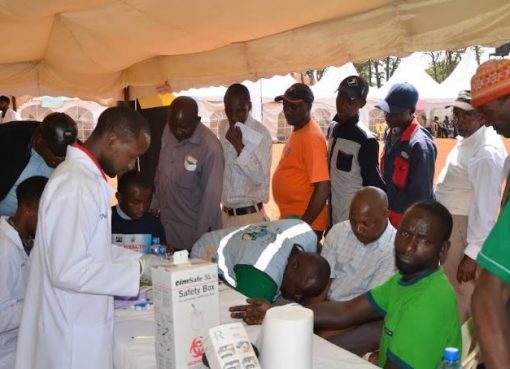Slaughter house and butchery operators in Kwale County have dismissed claims that they were engaging in illegal game meat business.
The traders were reacting to media reports based on a research which indicated that the unscrupulous operators particularly in the Coast region were engaging in the vice.
Recent analysis of DNA from meat sold in local meat outlets showed that it contains components of giraffe meat, grant gazelle and buffalo, the report by African Wildlife Foundation, said.
However, the operators defended their businesses saying blanket condemnation was wrong pointing out that not all of them were involved in the illicit bush meat trade.
They dismissed the report as alarmist and meant to portray them as crooked yet many of them were doing an honest job except for a few bad elements.
Mr. Ngati Tobo from Doti village Kinango Sub-County said he has been in the butchery business for 13 years and at no time had he ever attempted to go against the business’ code of ethics to sell unconventional meat.
He however said he could not rule out the possibility of some unscrupulous traders who engage in dirty business tricks to make a quick buck.
“Our businesses are legitimate and subject to impromptu inspections conducted by public health officials from time to time thus if there is anything fishy about the meat it would have been detected and action taken,” said Mr. Tobo.
He strongly condemned the illegal trade and asked the authorities to take action on the culprits as they were spoiling the reputation of genuine traders.
He said butcheries were their main source of income and need to be respected like any other business.
Mr. Tobo urged fellow traders to strictly adhere to the rules and regulations of the business to retain customers’ trust.
“One may think they were being clever by undercutting customers today for quick profits but this is reckless because they were simply ruining their businesses by chasing them away,” he added.
Another trader who spoke anonymously said his Islamic faith does not allow him to sell prohibited meat to customers.
“I am a Muslim and our religion abhors prohibited business transactions,” he said, while visibly upset by the question as to whether he deals in game meat.
A resident Godwin Omar said some people often condition their minds to specific parts of meat and so when they do not get what they are used to, they spread rumors that they have been sold game meat.
“In some instances meat may look very suspicious depending on the quality of the animal hence leading people to think it is from a prohibited animal,” he said.
Residents urged the traders to shun deceitful business practices in the name of making profits and instead stick to ethics to maintain food safety and their customers.
Shimba Hills Game Reserve which is located in the region is popular for its numerous wildlife resources one of them being the rare Sable antelope which has become a target of subsistence poaching owing to its delicious meat.
The antelope has come under intense pressure from communities adjacent to the park. Locals find the meat irresistibly sweet hence the persistent slaughter of the antelope, according to conservationists.
They added that inadequate law enforcement, ineffective regulatory mechanisms, low penalties, lucrative markets for bush meat and rising poverty indices have contributed to escalating illegal poaching of wildlife.
By Shaban Omar/James Muchai
Meat traders deny selling game meat





